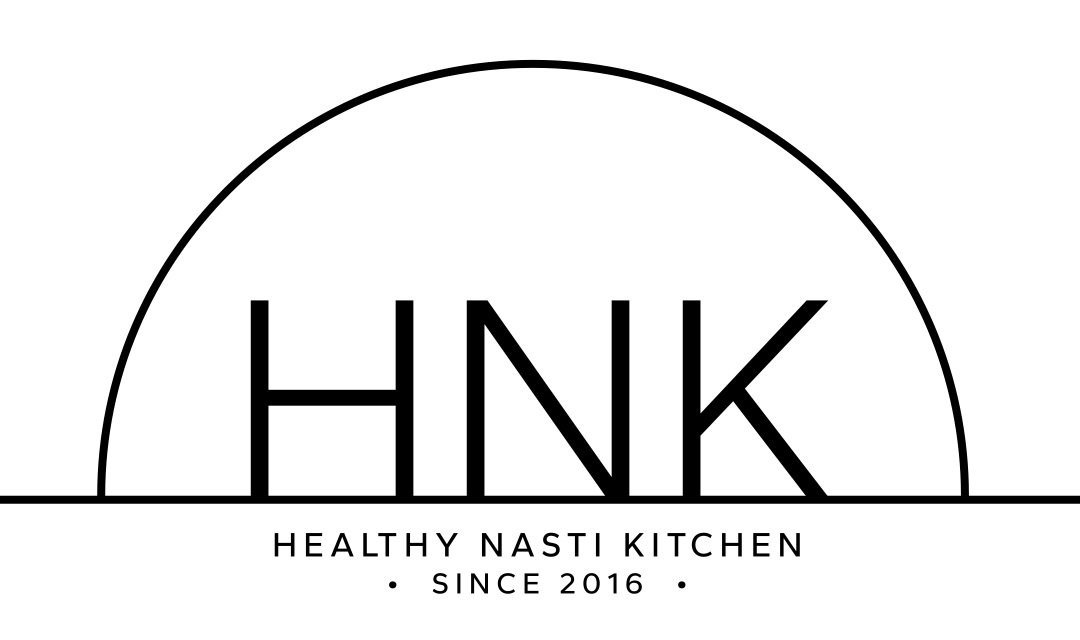Is sourdough truly good for us?
Have you ever been thinking what are the benefits of eating sourdough?
Have you ever thought why is it so good to make it or buy artisan sourdough bread?
In the following post, I'll try to answer these questions to the best of my knowledge through research and reading.
What's the main difference with other commercial non-sourdough bread?
Sourdough was the customary form of bread that was used until a few centuries ago; until baker's yeast replaced it in a big wave. A loaf of leavened bread is a baked product whose dough rises during the bread-making process, most likely due to gas created by the fermentation of the grains used in the recipe. The gas that is created during this process of fermentation is Carbon Dioxide (CO2).
In the case of sourdough, these processes are induced by inoculation with a naturally fermented culture, other than with an influence given by the baker's yeast.
How does the fermentation differ?
Inducing the fermentation using a sourdough culture (wild yeast) rather than baker's yeast allows the bread to rise slower. During this slow natural chemical process, the lactic acid bacteria and the wild yeast modify the structure of some of the particles that are contained in the grains and flour. Carbohydrates are mainly eaten by the Saccharomyces which is the fungus necessary for the creation of carbon dioxide and it is thanks to them that the bread proves. On the other hand, the lactic acid bacteria eat primarily the protein, and the longer you portray the fermentation the sourer your bread will become; not only that, keeping your bread fermenting for longer will also benefit your guts microbiome and lower the amount of gluten that it is contained in the bread.'
What are some of the gut benefits?
Sourdough is more nutritious than regular bread by a mile, the sourdough bread is often made from the same flour as conventional bread, but its fermentation process improves the nutrient profile to another level, modifying the starches and the enzymes that are contained in it.
If you would like a more complete nutritional bread, your best option is to be able to find and use most often organic flour. If you don't find organic flour, I'd suggest you opt for whole grain flour or a wholegrain loaf of bread.
To continue on this note, whole grain bread contains a good amount of minerals, like magnesium, potassium and zinc. Unfortunately, the absorption of these minerals is limited by the presence of phytic acid, which is commonly referred to as phytate.
Phytates are considered anti-nutrients because they bind to minerals, reducing our body's ability to absorb these minerals.
Lactic acid bacteria
interestingly enough the lactic acid bacteria found in sourdough bread lowers the bread's pH levels, which helps degrade the phytates. This results in a bread that has a much lower phytate content than other types of bread.
A study showed that using sourdough fermentation as a method of proving the dough reduced the presence of phytate in the bread by 24 to 50% more than conventional yeast fermentation
This increases mineral absorption, which is one of the most important aspects and reasons why sourdough bread is so underrated. I think the only bread option there should be on the market.
Digestion
Sourdough bread is known to be, very easy to digest, and often also safe for people with gluten intolerance. (Discuss this option always with a medical advisor, I am not a dietician or medical advisor, this post is merely written with the intention to share information with you). It also in many cases reduces the glycemic index because of the reduced amount of carbohydrates that are found in the dough after a long fermentation.
I really hope this post will make you think twice before you will buy another loaf of commercial bread again.
Giuseppe
If you wanna watch the video where I talk about this topic check this out

